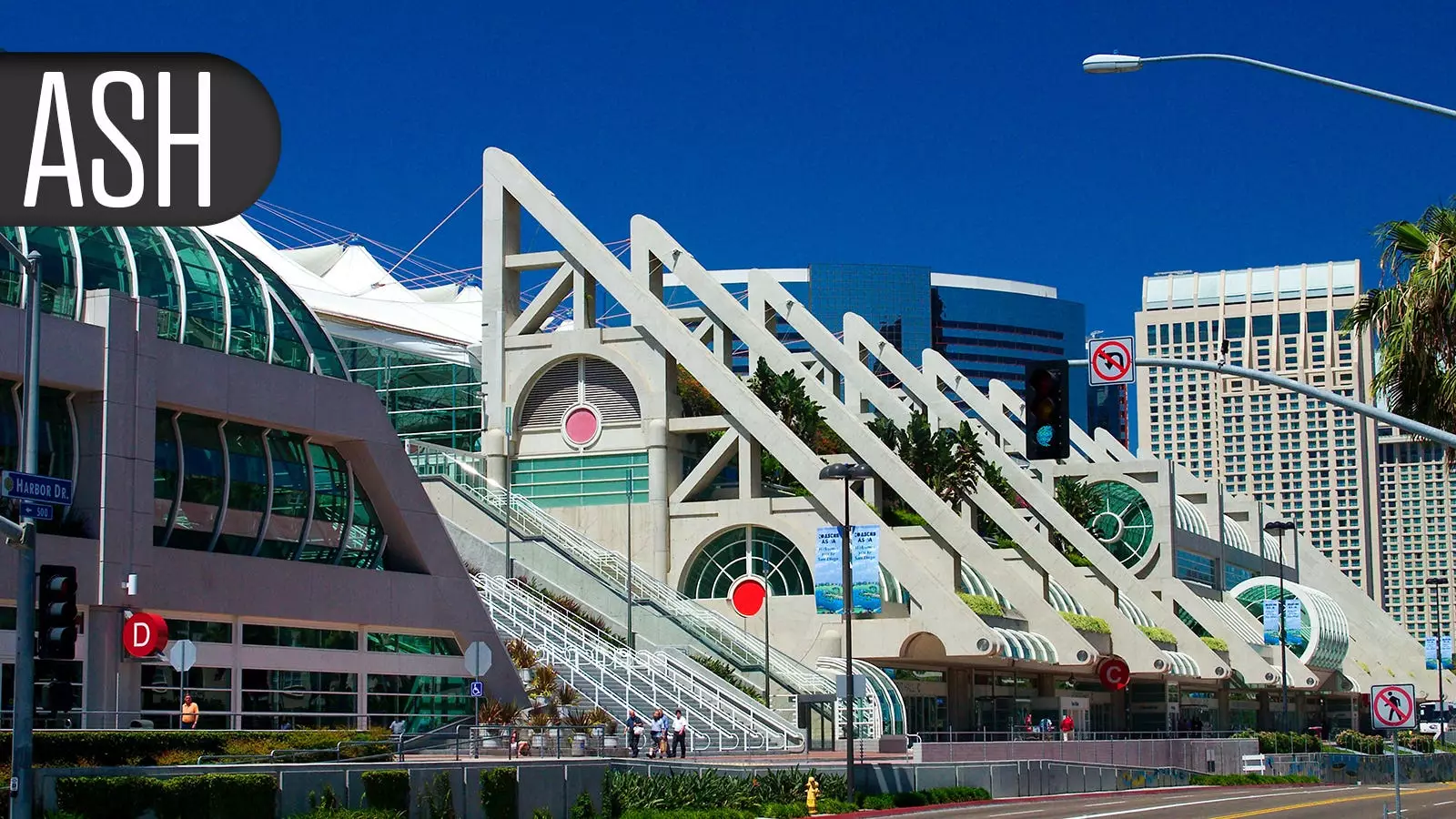Relapsed large B-cell lymphoma (LBCL) poses significant challenges for clinicians in terms of treatment options and outcomes. Recent research has compared the effectiveness of autologous stem-cell transplantation (ASCT) and chimeric antigen receptor (CAR) T-cell therapy in this patient population. The aim of this article is to critically analyze the study and discuss the implications of the findings.
CAR T-cell therapy has emerged as a promising treatment option for relapsed LBCL, offering high response rates and potential long-term remissions. However, logistical issues and the need for bridging chemotherapy before CAR T-cell therapy can delay access for some patients. In the interim, ASCT has been the standard salvage therapy for these patients. The comparative analysis aimed to determine the superiority of either treatment modality in patients with relapsed LBCL in complete remission (CR).
The study utilized data from the Center for International Blood & Marrow Transplant Research registry and included adults with diffuse LBCL in CR. The analysis compared outcomes between patients treated with CAR T-cell therapy (n=79) from 2018-2021 and those who underwent ASCT (n=281) from 2015-2021. The primary endpoints were progression-free survival (PFS) and overall survival (OS). The results demonstrated that ASCT led to improved outcomes compared to CAR T-cell therapy.
Patients who underwent ASCT had lower relapse rates at 2 years (27.8% vs. 48.0%) and achieved better PFS (66.2% vs. 47.8%) and OS (78.9% vs. 65.6%) compared to those who received CAR T-cell therapy. The benefits of ASCT were especially evident in the subgroup of patients with early treatment failure, as ASCT was associated with a lower 2-year relapse rate (22.8% vs. 45.9%). Importantly, treatment-related mortality did not differ significantly between the two treatment modalities.
The findings of this study have important implications for the management of relapsed LBCL in patients who are in complete remission. Currently, salvage therapy with ASCT is the standard of care for patients who relapse after first-line therapy. This study confirms the effectiveness of ASCT in this setting. However, it does not support the routine use of CAR T-cell therapy for patients in complete remission. The goal of therapy should still be CAR T-cell therapy, but until it becomes more accessible, ASCT could be considered as a reasonable alternative. Importantly, CAR T-cell therapy can still be utilized as a later line of therapy if autotransplant fails the patient.
The study has several limitations that need to be acknowledged. Firstly, it is a retrospective analysis, and the inability to eliminate potential confounders may have influenced the results. Secondly, the study calls for a randomized trial to directly compare CAR T-cell therapy and ASCT in patients with LBCL in CR. Such a trial would provide more robust evidence on the optimal treatment approach for these patients. Lastly, the majority of patients in the study received tisagenlecleucel (Kymriah), which may have led to underestimation of the efficacy of CAR T-cell therapy.
The comparative analysis between ASCT and CAR T-cell therapy in relapsed LBCL patients in CR highlights the superiority of ASCT in terms of improved clinical outcomes. These findings have important implications for clinical practice and support the use of ASCT as salvage therapy for patients who relapse after first-line treatment. However, further research is needed to address the limitations of the study and provide more definitive evidence on the optimal treatment approach for this patient population.

Leave a Reply